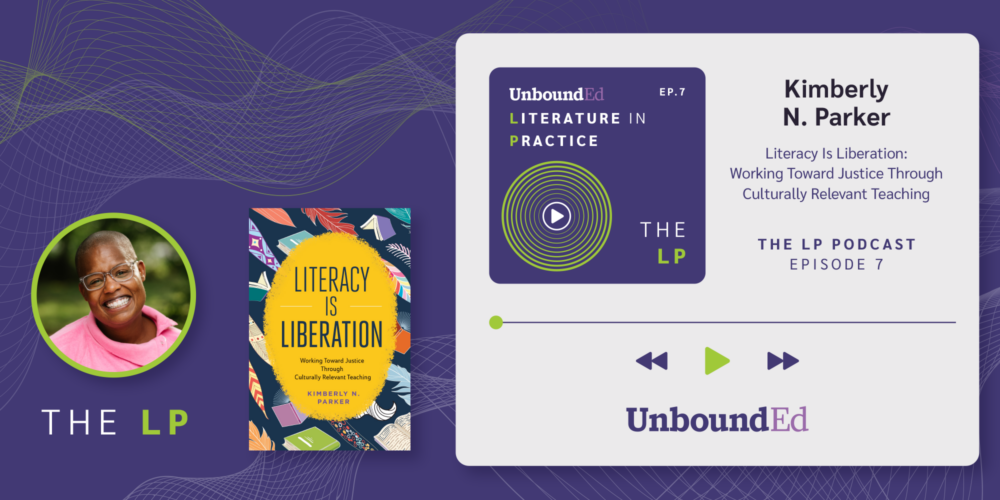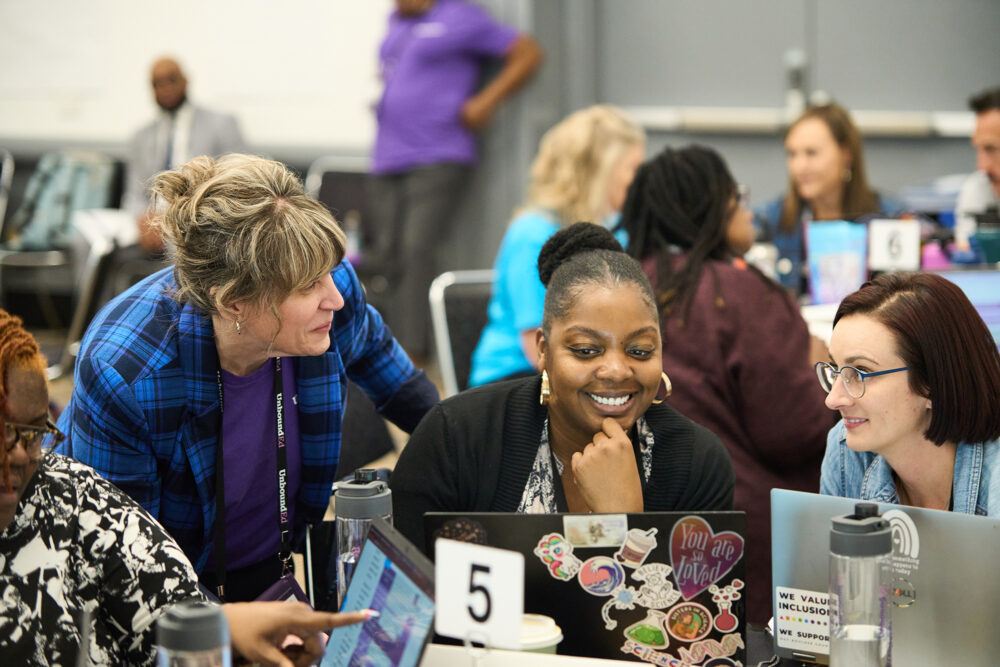
One of Frederick Douglass’ famous sayings is, “Once you learn to read, you’ll be forever free.”As someone who was explicitly forbidden from reading, there was inherent freedom in learning to read and the access it provided during chattel slavery in America. But what about those who are completely literate but are still psychologically jailed? When it comes to becoming literate in written English, it seems like the purpose matters a LOT. From African Americans like Frederick Douglass, we receive a tradition and purpose called “freedom for literacy, literacy for freedom.” Kimberly N. Parker and I discuss her book Literacy is Liberation: Working Toward Justice Through Culturally Relevant Teaching and nerd out on practical steps to practice “freedom for literacy” and “literacy for freedom.”
Key Takeaways
- Rigid instruction is not vivid instruction. We have to be sure that the tools we use to provide structure for the learning experience doesn’t turn into a structure that confines and limits growth and creativity.
- Some tools just don’t need to be used. Period. Doing research on what works for literacy instruction helps teachers monitor traditional instruction versus what is equitable instruction.
- Low level instruction, supported by low level tools and low level texts, leads to surface learning, which causes deep discouragement of meaningful literacy experiences.
- Savior complexes only show we need saving. Saving from our commitments, blindspots, and social positions that limit our ability to provide grade-level, engaging, affirming, and meaningful instruction.
- When providing culturally relevant literacy instruction, considering both place and race of the students can amplify the educator’s ability to provide high-quality teaching.
- We live in an era where mentorship and Your professional learning community and network cant stay local, we miss opportunity otherwise
- We greatly benefit from mentorship and professional learning communities that exist both in-person and online. If you want to keep your spirit and practice on point, leaning into both avenues will be critical. Through her in-person collective work, through her online presence, and through a book that can guide and develop thousands of educators, Dr. Kimberly Parker sets a good example.
Next steps with GLEAM®
Choose the path that fits your team

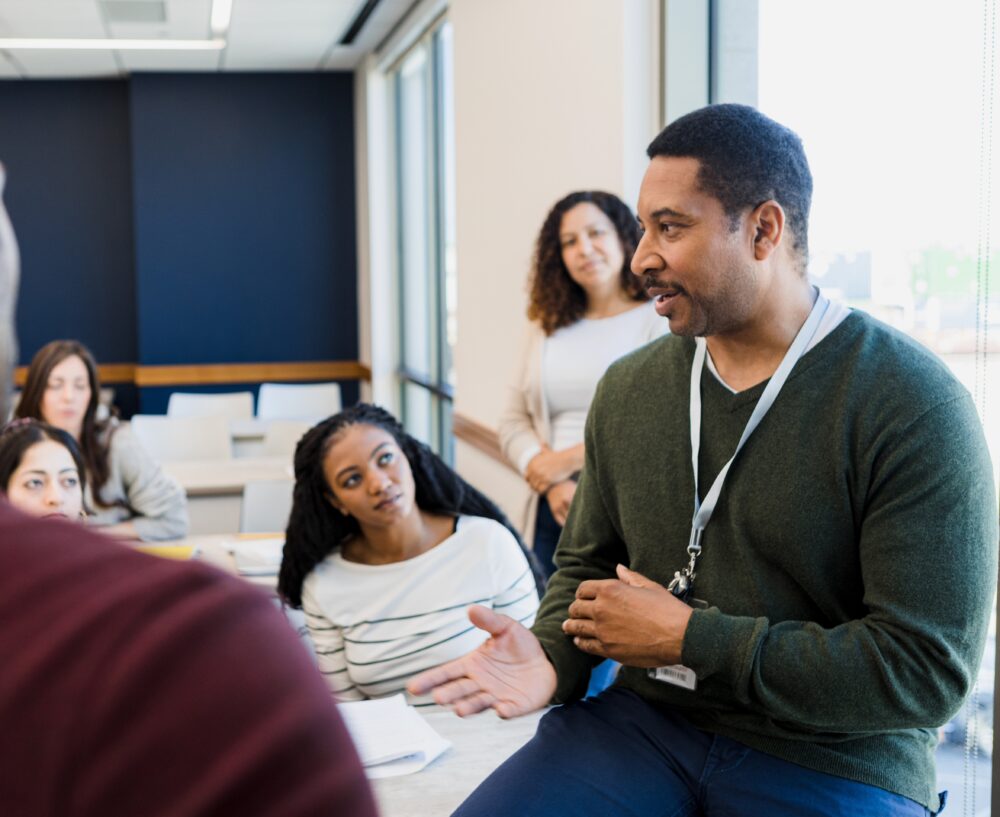
UnboundEd Summits
Accelerate your instructional vision and build educators’ skills and expertise with a virtual or on-site Local Summit.
Learn More ➜

In-Service Workshops
UnboundEd’s dynamic, hands-on workshops build educator capacity by focusing on timeless, cross-disciplinary instructional moves that drive effective instruction, rigor, and student empowerment.
Learn More ➜
Online Math Academy
UnboundEd’s Online Math Academy courses enrich educators’ content knowledge and instructional practices to unlock all students’ math potential.
Learn More ➜
Curriculum Adoption
Ensuring quality materials are adopted and used effectively is crucial to improving outcomes and requires a strong instructional materials selection process. We’re here to share guidance and support on leading a rigorous and collaborative curriculum adoption process to select the right materials for your context and goals.
Learn More ➜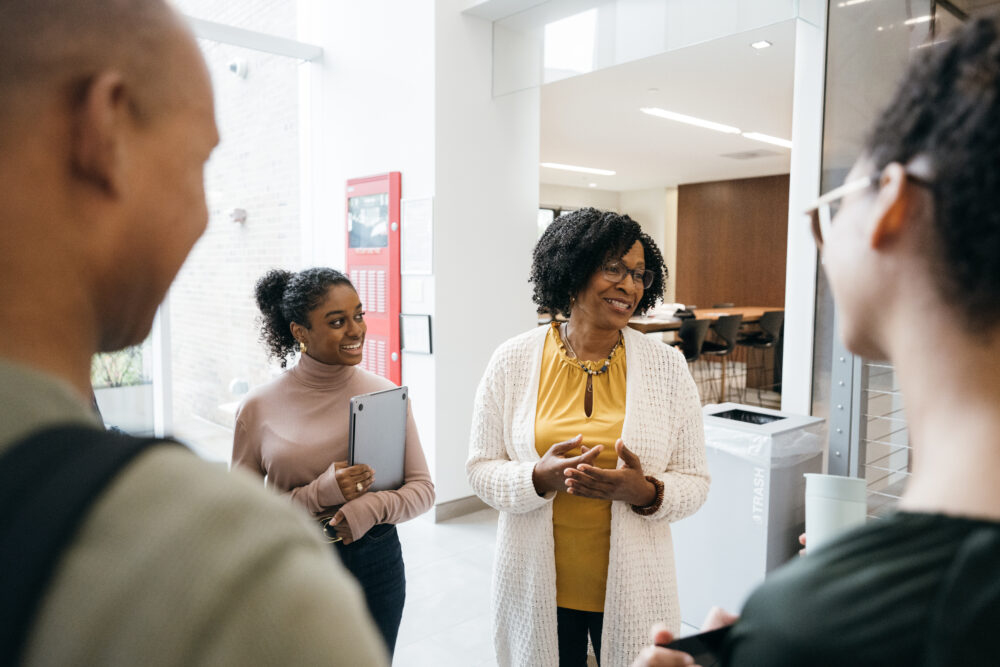
Curriculum Implementation
Just getting started, or need to get back on track? We work with you on a shared vision and an actionable plan for curriculum success.
Learn More ➜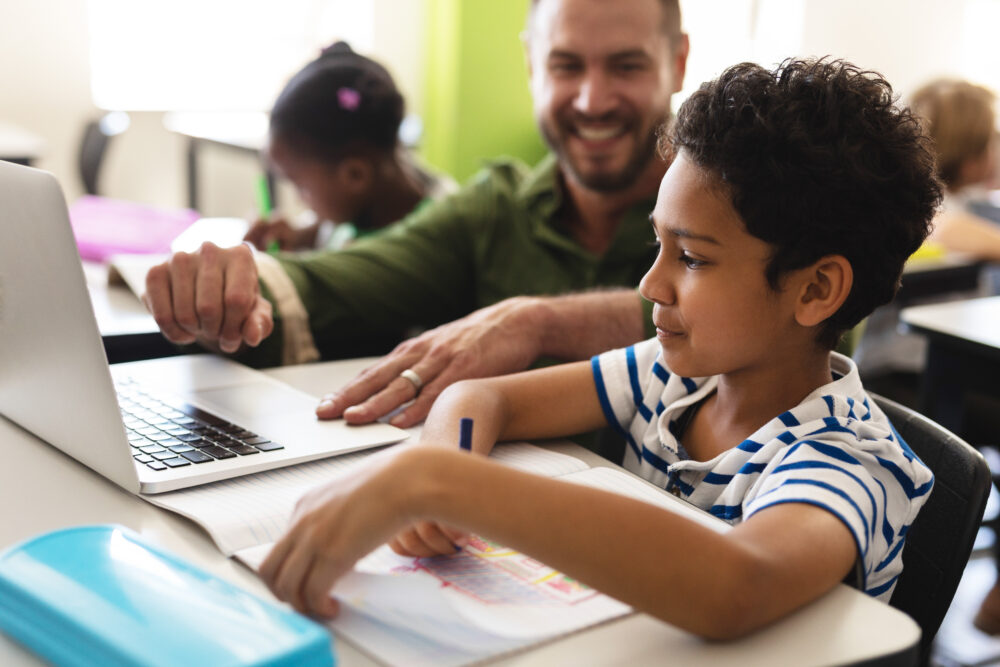
Literacy ReclaimEd
Improve literacy instruction and better meet the unique needs of every student.
Learn More ➜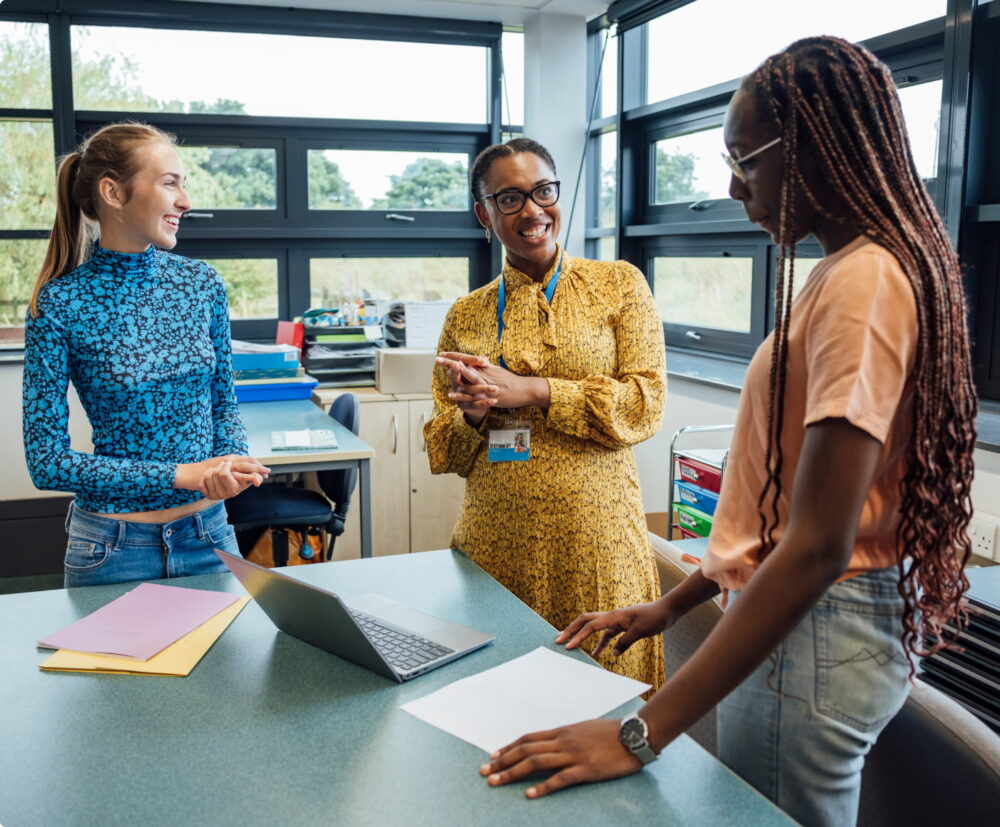
GLEAM® Inventory
Build your team’s understanding of grade-level, engaging, affirming, and meaningful –GLEAM®– instruction and transform how you serve all students in your district.
Learn More ➜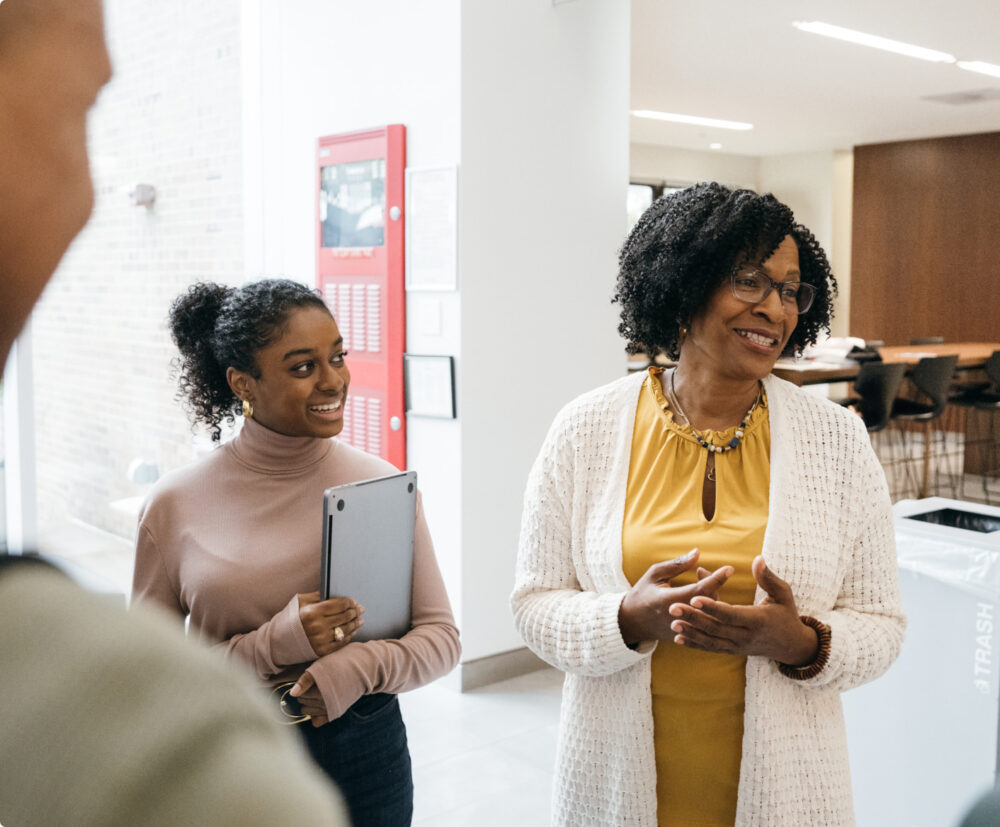
Speaking Engagements
Our experts offer inspiring, thought-provoking messages and conversations that will get your team thinking creatively about shifting mindsets and changing practice.
Learn More ➜
California Math Curriculum Adoption and Launch Cohort
Prepare to adopt and launch high-quality mathematics instructional materials with no-cost, grant-funded support from UnboundEd.
Learn More ➜